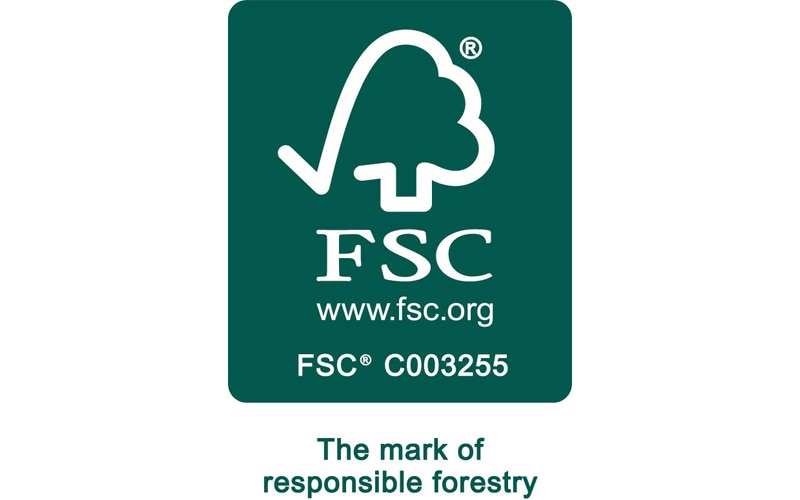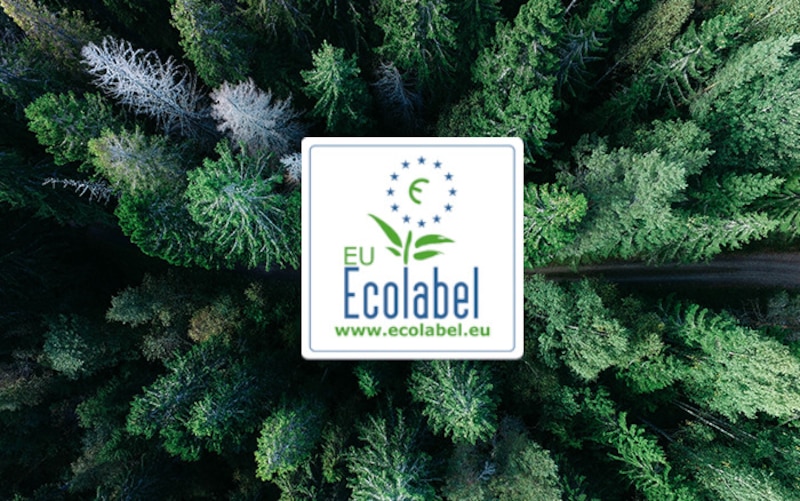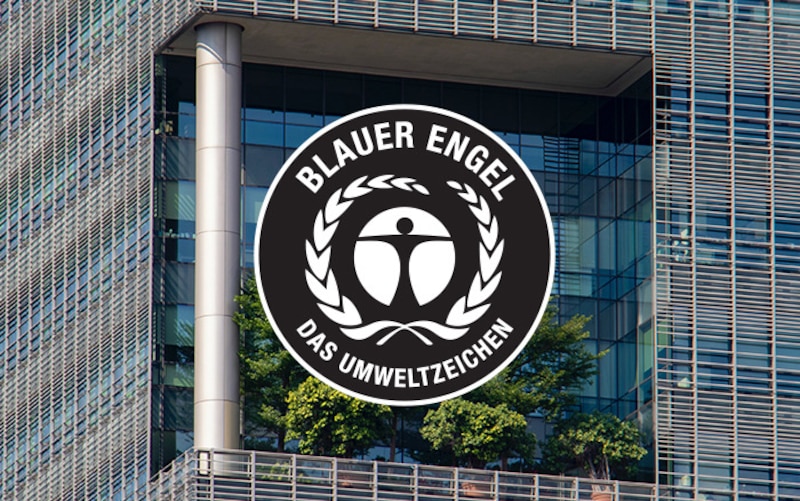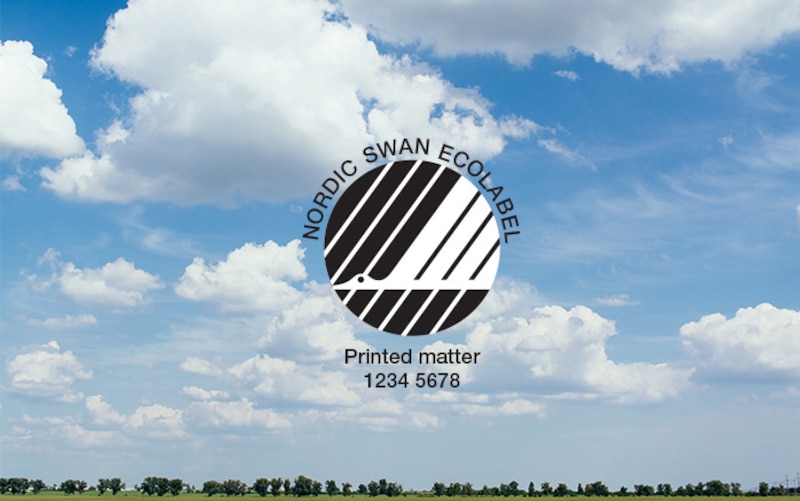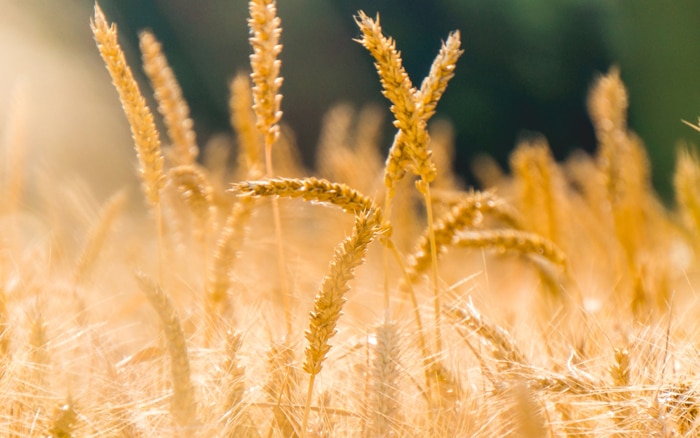Think Ahead to Sustainability
At Tork, our mission is to make life away from home more Sustainable. We are Thinking Ahead to Sustainable products and solutions that will help our customers achieve their Sustainability goals. This is how we address important Sustainability topics, such as responsible fibre sourcing and lowering the carbon footprint of our products.
Sustainably sourced fibre
In 2018, our parent company Essity updated their sourcing policy for fresh fibre and strengthened their targets. The target is for all fibre supply to be fully FSC® (Forest Stewardship Council) certified.
Science-based Targets
Since December 2018 our targets for CO2-reduction have been approved by Science Based Targets. Goals include absolute targets for energy, electricity, transport, raw materials, suppliers and waste.
Essity has also committed to reducing greenhouse gas emissions from purchased key raw materials, transport, waste generated in operations and end-of-life treatment of sold products by 18% by 2030 (2016) and reducing greenhouse gas emissions with 25% by 2030 (base year 2016) for energy use within the company and purchased electricity (scope 1 and 2).
Alternative fibres
About half the world’s wheat straw goes to waste today. To use this resource, Essity and Tork have invested in new technology to make tissue fibre from renewable wheat straw. Essity will construct a Sustainable alternative fibre facility at the Mannheim, Germany plant – expected to be operational in the second half of 2020. Pulp will be made from wheat straw sourced from local farmers. Wheat straw is leftover after the wheat is harvested. About half the world’s wheat straw is waste. The wheat straw pulp will be added to some consumer and Professional Hygiene products made in Mannheim.
This is a circular innovation that will improve the overall environmental impact of our products, as it is renewable and uses less water and energy.
Compostability
Tork aims to deliver products that meet the demands of tissue product compostability. This is a circular solution available in the USA ensuring responsible end of life for a number of products in our range. Being compostable means that the product is capable of being broken down naturally by e.g. microorganisms in a way that is not harmful to the environment.

